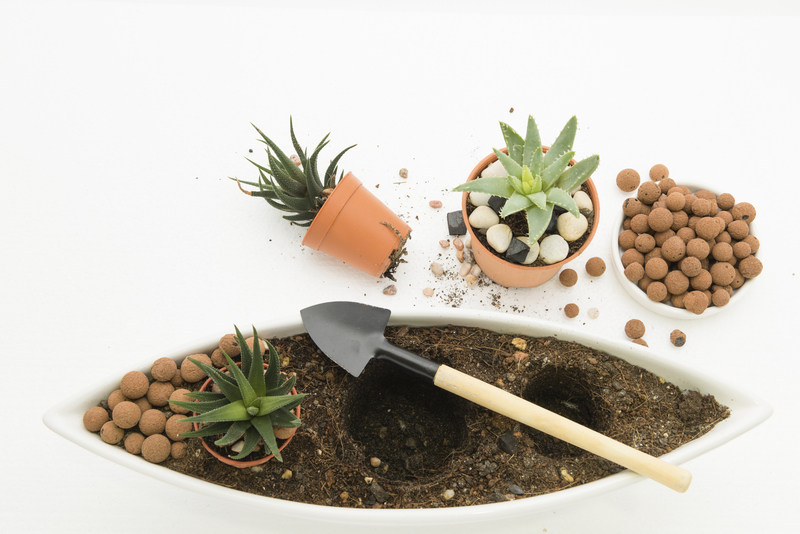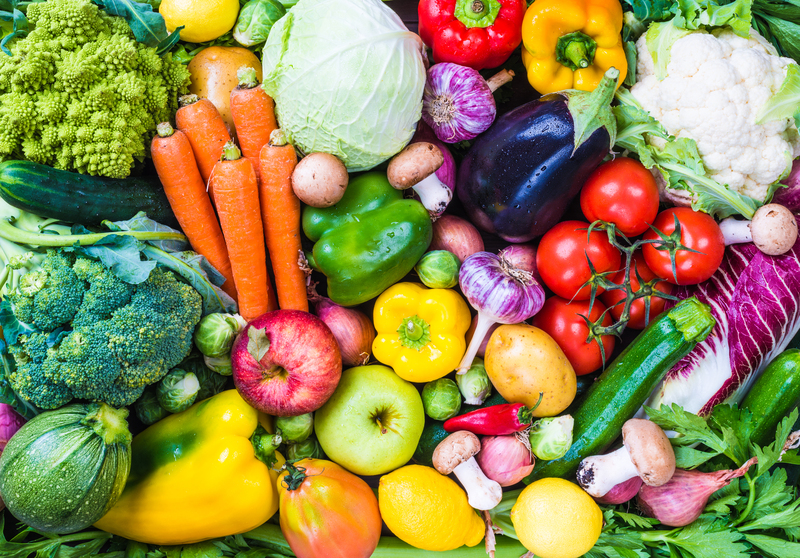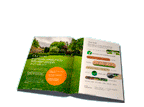Garden Watering Conservation Tips
Posted on 17/08/2025
Watering your garden efficiently is crucial not only for the health of your plants but also for conserving this precious natural resource. With climate change and increasing water costs, adopting effective garden watering conservation tips can significantly impact both your wallet and the environment. Below, we delve into various methods to help you save water while maintaining a lush, thriving garden.
1. Use Native Plants
Opting for native plants is one of the most effective ways to reduce water usage in your garden. Native plants are adapted to the local climate and require less water than non-native species.

2. Install Drip Irrigation
Drip irrigation systems deliver water directly to the roots of the plants, reducing the amount of water lost to evaporation and runoff. These systems are highly efficient and can save you a significant amount of water over time.
3. Mulch Your Garden
Applying a layer of mulch helps to retain soil moisture, reduce evaporation, and keep the soil temperature stable. This not only conserves water but also promotes healthy plant growth.
4. Collect Rainwater
Installing a rain barrel to collect rainwater is an excellent way to reduce the use of municipal water for your garden. Rainwater is free from chemicals and is generally better for your plants.
5. Water Early or Late
Watering your garden in the early morning or late evening minimizes water loss due to evaporation. This ensures that more water reaches the root zone of your plants.
6. Group Plants by Water Needs
Grouping plants with similar water requirements together can help you provide the right amount of water each plant needs without overwatering or underwatering.
Tips for Efficient Garden Watering
- Avoid overwatering: Check the soil moisture before watering. Overwatering can lead to root rot and other plant diseases.
- Use a soaker hose: A soaker hose can deliver water slowly and evenly, ensuring deep soil penetration with minimal evaporation.
- Adjust your sprinklers: Make sure your sprinklers are watering your plants and not the pavement.
- Develop a watering schedule: Consistency is key. Develop a watering schedule that suits the needs of your garden.
Pros and Cons of Garden Watering Conservation
Pros
- Saves Money: Conserving water can lead to reduced water bills.
- Environmental Benefits: Reducing water usage helps conserve a critical natural resource.
- Healthier Plants: Efficient watering methods can lead to healthier plants by reducing root diseases and nutrient leaching.
- Easy Maintenance: Conserving water often involves using efficient systems like drip irrigation, which can make garden maintenance easier.
Cons
- Initial Investment: Some water-saving methods, like drip irrigation systems, may require an initial financial investment.
- Maintenance: Systems like rainwater harvesting and drip irrigation require regular maintenance to function correctly.
- Learning Curve: Adopting new watering methods might require some time and effort to get used to.

Takeaways
- Efficient watering is crucial for both plant health and water conservation.
- Simple steps like using mulch and watering at the right time can make a big difference.
- Initial investments in systems like drip irrigation can pay off in the long run.
- Grouping plants by their water needs prevents wastage and promotes better growth.
Conclusion
Conserving water in your garden doesn't have to be complicated. By implementing a few simple strategies, you can save water, reduce costs, and grow a healthier garden. From using native plants and drip irrigation to collecting rainwater and mulching, there are numerous ways to make your garden more water-efficient. Start today and reap the benefits of a more sustainable and beautiful garden.
Remember, every drop counts!
Latest Posts
Easy Ways to Freshen Up Your Patio and Paving for Summer
Unique Autumn Garden Inspiration: Planting with the Season in Mind
Quick and Effective Ways to Sharpen Your Garden Shears at Home
Easy Ways to Keep Your Artificial Turf Looking Brand New
Elevate Tranquility With These Zen Garden Planting Inspirations






 Certified and experienced landscapers
Certified and experienced landscapers



 Get a Quote
Get a Quote